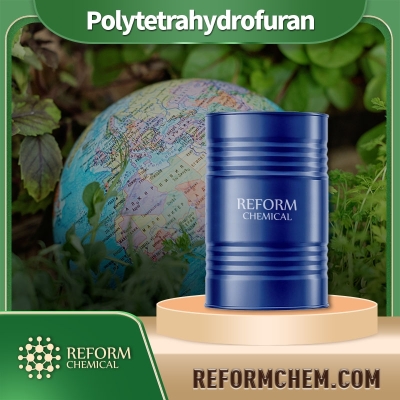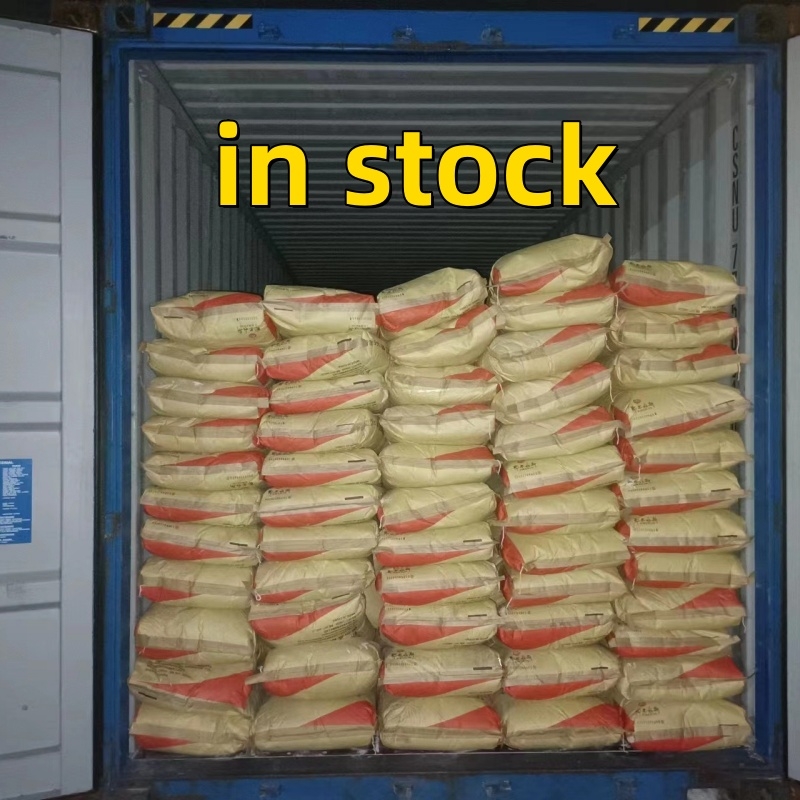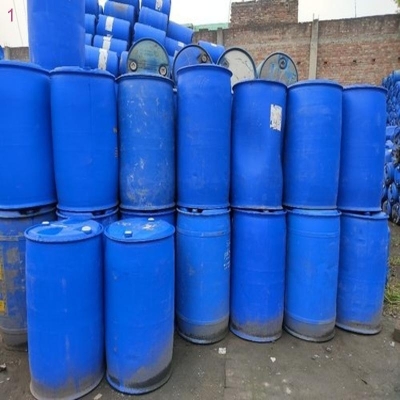-
Categories
-
Pharmaceutical Intermediates
-
Active Pharmaceutical Ingredients
-
Food Additives
- Industrial Coatings
- Agrochemicals
- Dyes and Pigments
- Surfactant
- Flavors and Fragrances
- Chemical Reagents
- Catalyst and Auxiliary
- Natural Products
- Inorganic Chemistry
-
Organic Chemistry
-
Biochemical Engineering
- Analytical Chemistry
-
Cosmetic Ingredient
- Water Treatment Chemical
-
Pharmaceutical Intermediates
Promotion
ECHEMI Mall
Wholesale
Weekly Price
Exhibition
News
-
Trade Service
At 5:05 p.
m.
on September 19, the Transient Reactor Test Facility at the Idaho National Laboratory (INL) in the United States generated pulses of seconds that irradiated and heated
a small amount of PWR nuclear fuel.
The test marks the revival of a capability critical to U.
S.
nuclear fuel development, both for existing reactors and for a new generation of advanced reactors being
designed.
Nuclear fuel transient testing is targeted at similar to high-impact car crash tests, helping the automotive industry make significant progress
in safety technology.
Exposing nuclear fuel to extreme conditions in transient reactor tests helps the nuclear industry develop more resilient and long-lasting nuclear fuel
.
The tests conducted that day are part of a series of tests that will be used to test
new fuel for the Light Water Reactor Accident-Resistant Nuclear Fuel (ATF) program developed by the U.
S.
Department of Energy's Office of Nuclear Energy.
The test laid the groundwork for the 2019 accident-resistant nuclear fuel test, which will focus on water environment testing
.
At 5:05 p.
m.
on September 19, the Transient Reactor Test Facility at the Idaho National Laboratory (INL) in the United States generated pulses of seconds that irradiated and heated
a small amount of PWR nuclear fuel.
The test marks the revival of a capability critical to U.
S.
nuclear fuel development, both for existing reactors and for a new generation of advanced reactors being
designed.
Nuclear fuel transient testing is targeted at similar to high-impact car crash tests, helping the automotive industry make significant progress
in safety technology.
Exposing nuclear fuel to extreme conditions in transient reactor tests helps the nuclear industry develop more resilient and long-lasting nuclear fuel
.
The tests conducted that day are part of a series of tests that will be used to test
new fuel for the Light Water Reactor Accident-Resistant Nuclear Fuel (ATF) program developed by the U.
S.
Department of Energy's Office of Nuclear Energy.
The test laid the groundwork for the 2019 accident-resistant nuclear fuel test, which will focus on water environment testing
.







